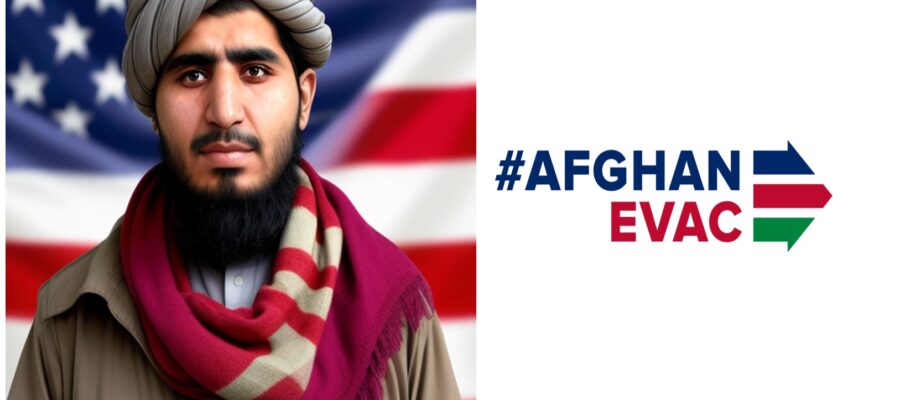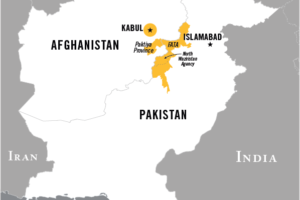Kauser News Agency Interviews Afghan Evacuee Whose Loved Ones Are Still in Afghanistan
Kauser News Agency recently interviewed Mohammad Jamshed, a 34-year-old Afghan who was evacuated to the United States in 2021. Jamshed worked with the United States Army from 2008 to 2015 in the southern provinces of Afghanistan. He evacuated to the United States alone, leaving behind his wife, son, daughter, mother, and father.
Jamshed told Kauser News Agency that he is still in contact with his family in Afghanistan. He said that they are all safe, but they are living in fear of the Taliban. Jamshed’s wife has been unable to find work, and his children are not able to go to school.
Jamshed is also worried about his three friends who worked for the United States Army for 12 years. They are still in Afghanistan, and Jamshed is afraid that they will be killed by the Taliban.
Jamshed’s story is one of many that highlight the plight of Afghans who were left behind after the U.S. withdrawal from Afghanistan. Jamshed is grateful to be in the United States, but he is also heartbroken that his family and friends are still in Afghanistan. He hopes that they will be able to join him soon.
In addition to Jamshed, Kauser News Agency also interviewed several other Afghan evacuees who have loved ones still in Afghanistan. These evacuees shared their stories of fear, uncertainty, and hope. They all expressed a deep desire for their loved ones to be able to join them in the United States.
The interviews with these Afghan evacuees highlight the urgent need for the United States to continue to help Afghans who were left behind after the withdrawal. These Afghans are facing a very uncertain future, and they need our help.
Afghan Evac Press Release Calls on Local Leaders to Help Welcome Afghans
The Afghan Evac Coalition, a group of organizations working to help Afghan allies resettle in the United States, released a press release today calling on local leaders to do more to help welcome Afghans into their communities.
The press release highlighted the challenges that Afghans face in the resettlement process, particularly in finding housing, accessing benefits, and getting the services they need. The coalition urged local leaders to work with them to address these challenges and to create a more welcoming environment for Afghans.
“The relocation process, while helpful to many, faces serious challenges,” said Shawn Van Diver, Navy veteran and founder of Afghan Evac. “One of the most significant is creating the housing, benefits, and services capacity at the local level to successfully welcome those arriving.”
”Here are three ways you can help to honor the sacrifices made by our allies and show that local communities across the U.S. stand together in honoring the promises made by our service members, veterans, frontline civilians, and the more than one million Americans who served in Afghanistan over our 20-year conflict.”
- ”Pass a resolution calling on Congress to pass the Afghan Adjustment Act. We’ve drafted a template for you, available on our website.
- Check in with newly arrived Afghans and the resettlement affiliates helping them restart their lives in your local community. You can visit USAHello.org to track down the affiliates in your region.
- Light your civic infrastructure in honor of Afghans and those we’ve lost during the 20-year conflict.
- August 14th (15th in Kabul) marks the fall of Kabul and honors Afghans all around the world
- August 25th (26th in Kabul) honoring the Afghans and U.S. service members we lost at the Abbey Gate bombing on August 26, 2021
- August 30th (31st in Kabul) acknowledging the thousands of Afghans left behind following the withdrawal of all U.S. and allied forces on August 31, 2021
- The color scheme should be black, red, and green honoring the Afghan flag. If the lighting scheme doesn’t support black, please use blue, red, and green to represent the special relationship between Afghans and Americans. ”
”If you’d like to help, please let us know by filling out this form or by replying to this letter. ”





